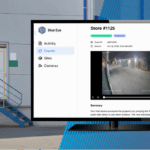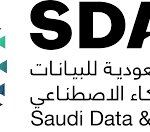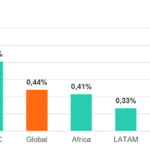Surging Development of AI, IoT & Smart Cities Drives SCADA Industry

The global SCADA market size is anticipated to grow from USD 11.2 billion in 2024 to USD 16.6 billion by 2029, at a CAGR of 8.3% from 2024 to 2029, according to the lastest research from Marketsandmarkets. Surging deployment of AI and IoT across manufacturing industries and increasing smart city projects pertaining to infrastructure and transportation are cited as just a few of the significant factors which drive the growth of this market.
Within the discrete manufacturing landscape, SCADA systems serve as integral tools to uphold production efficiency and meet targeted output objectives. These systems monitor and control the entire production lifecycle, from tracking units in production to managing inventory levels for just-in-time manufacturing practices.
Additionally, SCADA systems play a pivotal role in orchestrating industrial automation and robotics while concurrently monitoring processes and ensuring stringent quality control measures. As a result, SCADA offers a robust platform for the development of sophisticated, interconnected, and secure solutions that significantly enhance the efficacy of manufacturing operations. The escalating demand for such advanced SCADA systems is anticipated to be a key driver propelling growth within the SCADA market.
Software at the core
At the core of any SCADA infrastructure lies its software, which serves as the foundation for its functionality. This software framework facilitates crucial functions such as trend analysis, diagnostics, and data monitoring, enabling efficient data analysis and communication of system issues to operators to minimize downtime. Key benefits offered by SCADA software include real-time data storage, ongoing system surveillance, alarm validation, and secure management of sensitive information. By empowering operators with streamlined workflows, facilitating rapid decision-making, minimizing errors, pinpointing root causes of issues, and optimizing plant operations, SCADA software plays a pivotal role in enhancing overall operational efficiency and effectiveness.
Remote terminal units
Remote Terminal Units (RTUs) reign supreme in the SCADA market due to several factors. Their versatility across industries, cost-effectiveness for remote sites, and focus on data acquisition perfectly align with core SCADA functionalities. Designed for harsh environments, RTUs offer scalability for diverse project needs.
While PLCs handle complex control logic within central control rooms, RTUs excel at acquiring data from geographically dispersed locations, making them the most widely used component in SCADA systems.
Some of the key players named by the researchers as being active in the SCADA market include Rockwell Automation, Schneider Electric, Emerson Electric Co., Siemens, and ABB, for example.



















